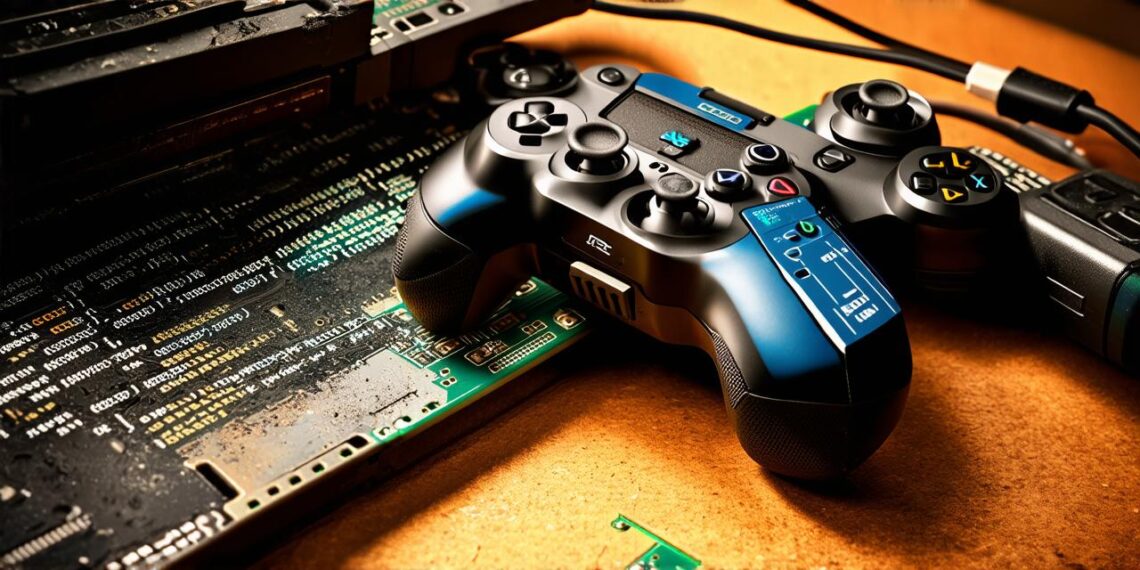1. Complexity of game design
One of the main reasons why game development is hard is because of the complexity of game design. Game designers are tasked with creating engaging and entertaining experiences for players, while also ensuring that the game mechanics make sense and are easy to understand. This requires a deep understanding of game theory, human behavior, and user experience (UX) design.
2. Technical challenges
Game development also presents a number of technical challenges. Developers must ensure that their games run smoothly on a variety of platforms, including consoles, PCs, and mobile devices. They must also optimize performance to ensure that the game is fast-paced and responsive, which can be incredibly difficult to achieve with complex graphics and physics engines.

3. Collaboration challenges
Collaborating with other developers, artists, and designers can be another major challenge in game development. Communication and coordination are key to ensuring that everyone involved is on the same page, but this can be easier said than done. Miscommunications, conflicting ideas, and changes in priorities can all lead to delays and budget blowouts.
4. Risk and uncertainty
Finally, game development is a risky business. Many games fail to gain traction or generate revenue, leaving developers out of pocket and struggling to make ends meet. Even successful games may not be profitable for years, and there’s no guarantee that your next project will be a success. This uncertainty can be incredibly stressful and make it difficult to motivate yourself to keep going.
The Bottom Line: Is Game Development Worth It?
Despite these challenges, many game developers continue to pursue their craft because they love what they do. For them, the satisfaction of creating something new and exciting is a reward in itself. But for those who are just starting out or considering a career in game development, it’s important to be aware of the potential pitfalls and challenges that come with the job.
If you’re determined to pursue a career in game development, there are a few things you can do to increase your chances of success. First, make sure you have the skills and knowledge needed to excel in the field. This means investing in education and training, as well as gaining practical experience through internships or freelance work.
You should also be prepared for the long haul and accept that game development can be a slow and challenging process. It’s important to be patient and persistent, even when things don’t go according to plan. And above all, make sure you have a passion for what you do. Without a love of games and a deep commitment to your craft, it can be incredibly difficult to succeed in this field.
FAQs:
1. Is game development a good career choice?
Yes, game development can be a rewarding and fulfilling career choice for those who love what they do and are willing to put in the hard work required to succeed.
2. What skills are needed for game development?
In order to be successful in game development, you’ll need strong programming skills, as well as knowledge of game theory, UX design, and human behavior. You’ll also need to have a strong portfolio showcasing your work and be willing to learn from others and collaborate with other developers.
3. How long does it take to develop a game?
The time it takes to develop a game can vary widely depending on the complexity of the project, the team size, and the platform being developed for. It can take anywhere from a few months to several years to develop a game, especially if you’re working alone or with a small team.
4. Is game development a high-paying career?
It depends on the type of game development work you do and your level of experience. Some types of game development can be quite lucrative, such as developing games for mobile devices or working in the AAA gaming industry. However, many indie game developers struggle to make ends meet, especially in the early stages of their careers.





